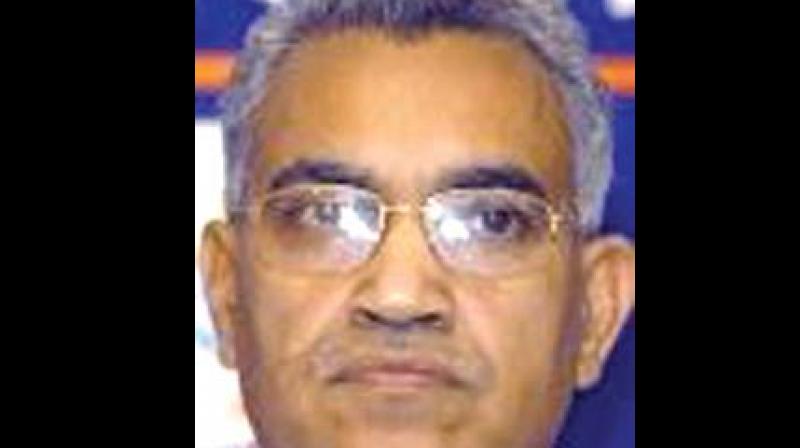KSEB staff cost shocks ex-electricity regulatory commission chief T M Manoharan
Mr Manoharan said that the members had approved an employee cost for KSEB that transgressed the limits prescribed by Tariff Regulations.

Thiruvananthapuram: Former State Electricity Regulatory Commission chairperson Mr T.M. Manoharan has charged Commission members K. Vikraman Nair and S. Venugopal with issuing patently illegal orders to serve their own interests. Mr Manoharan said that the members had approved an employee cost for KSEB that transgressed the limits prescribed by Tariff Regulations. He also alleged that their action would invite the charge of “bias” as both the members were also beneficiaries of the higher employee costs approved by them; both are former KSEBL officials. What’s more, Mr Manoharan said that the higher employee cost approved by the members would push up the production cost of power by at least Rs 2 a unit.
He said that the illegality was on two counts. One, the order has flouted the limits fixed by Terms and Conditions of Tariff, Regulations, 2014. The ERC has to conduct prudence checks on the figures provided by KSEBL. If the amount of actual expenditure under heads like employee cost exceeds the amount prescribed in the Regulations, the ERC has to put its foot down. “The ERC’s job is to protect consumer interests,” Mr Manoharan said. Two, the members had subverted the judicial process. As per the Electricity Act 2003, all proceedings before the ERC are judicial proceedings.
Accordingly, if a case has been heard by a full bench consisting of three judges, the order should be issued by the same bench consisting of the three judges who heard the case. If any one of the judges demits office before the issuance of the order, the case has to be heard afresh by another Full Bench of the judges and order has to be issued by the new Full Bench. In this case, after Mr Manoharan retired on May 2, 2017, the two members issued orders without waiting for the appointment of the new chairperson. Not only were the employee costs expanded, the requirement of a three judge bench was also done away with. There was another impropriety. The first order itself was questioned in the Supreme Court. The second order was therefore issued even though the case was sub-judice.

